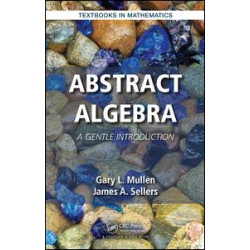
Mindfulness-Informed Relational Psychotherapy and Psychoanalysis: Inquiring Deeply provides a refreshing new look at the emerging field of Buddhist-informed psychotherapy.Marjorie Schuman presents a cogent framework which engages the patient at the levels ofnarrative, affective regulation, and psychodynamic understanding. Blending knowledgeof contemporary psychoanalysis with the wisdom of Buddhist view, she examines howmindfulness can be integrated into psychodynamic treatment as an aspect of self-reflectionrather than as a cognitive behavioral technique or intervention.
This book explores how mindfulness as a "self-reflective awareness practice" can be used to amplify and unpack psychological experience in psychodynamic treatment. Schuman presents a penetrating analysis of conceptual issues, richly illustrated throughout with clinical material. In so doing, she both clarifies important dimensions of psychotherapy and illuminates the role of "storyteller mind" in the psychological world of lived experience. The set of reflections comprises an unfolding deep inquiry in its own right, delving into the similarities and differences between mindfulness-informed psychotherapy, on the one hand, and mindfulness as a meditation practice, on the other.
Filling in an outline familiar from psychoanalytic theory, the book explores basic concepts of Self, Other, and "object relations" from an integrative perspective which includes both Buddhist and psychoanalytic ideas. Particular emphasis is placed on how relationship is held in mind, including the dynamics of relating to one’s own mind. The psychotherapeutic approach described also delineates a method for practicing with problems in the Buddhist sense of the word practice. It investigates how problems are constructed and elucidates a strategy for finding the wisdom and opportunities for growth which are contained within them.
Mindfulness-Informed Relational Psychotherapy and Psychoanalysis demonstrates in clear language how the experience of Self and Other is involved in emotional pain and relational suffering. In the relational milieu of psychotherapy, "Inquiring Deeply" fosters emotional insight and catalyzes psychological growth and healing. This book will be of great interest to psychoanalytically-oriented clinicians as well as Buddhist scholars and psychologically-minded Buddhist practitioners interested in the clinical application of mindfulness.

















